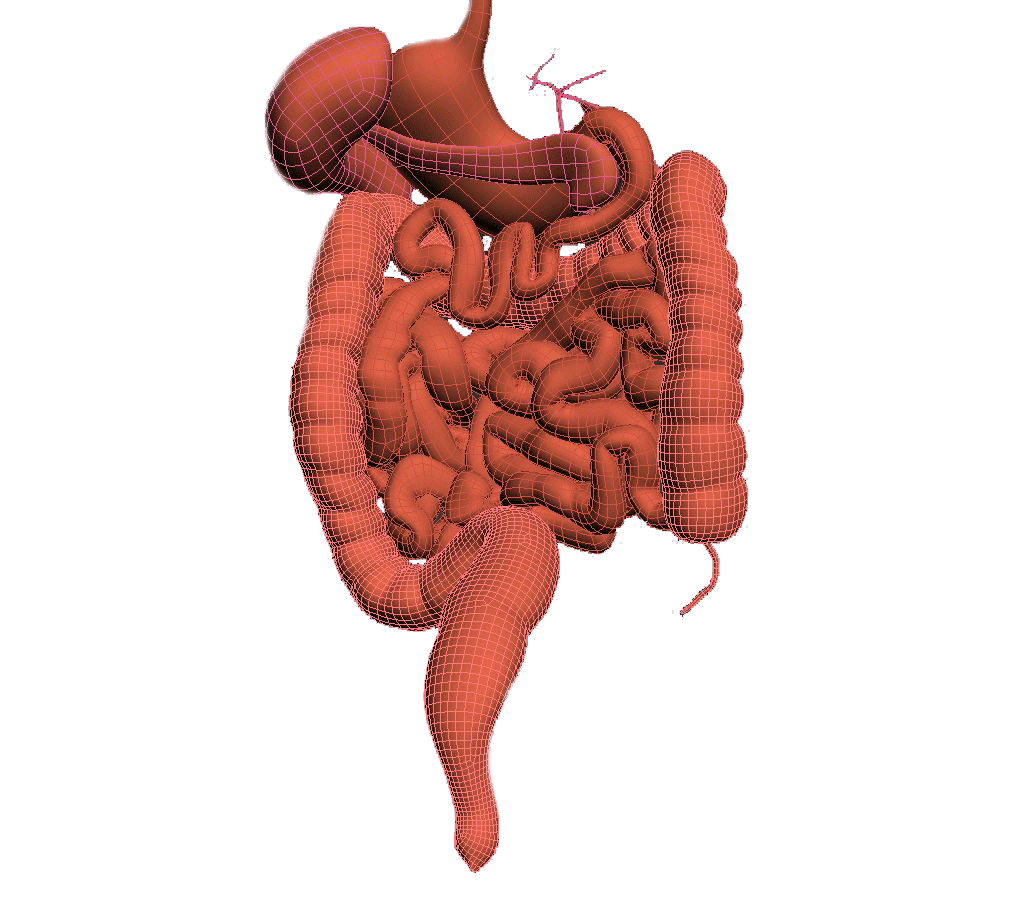Digestive System

The digestive system transforms food into energy and nourishment, absorbing what sustains us and releasing what does not.
Relevant Herbal Actions:
No items found.
Herbal Allies:
No items found.
The digestive system processes ingested food and fluids, breaking them down into usable parts and eliminating waste. Its main functions include:
- Ingestion: receiving food and fluids
- Digestion: breaking down substances into smaller components
- Secretion: releasing enzymes and fluids to aid digestion
- Motility: moving food through the system
- Absorption: transferring nutrients, water, and electrolytes into the blood
- Elimination: removing undigested waste
- Protection + Immunity: maintaining the gut wall and supporting microbial balance
- Transformation + Synthesis: the liver reassembles nutrients into new materials for the body
Primary Organs: Mouth, Esophagus, Stomach, Small Intestine (site of transformation and absorption), Large Intestine (site of elimination, connected to the nervous system), Colon, Rectum, Sphincters. Supporting Organs: Liver, Pancreas, Gallbladder, Appendix. Microbiome & Supportive Tissues: Flora (gut microbiota), Gut wall: mucosa, submucosa, circular smooth muscle fibers, longitudinal smooth muscle fibers, visceral peritoneum (serosa)